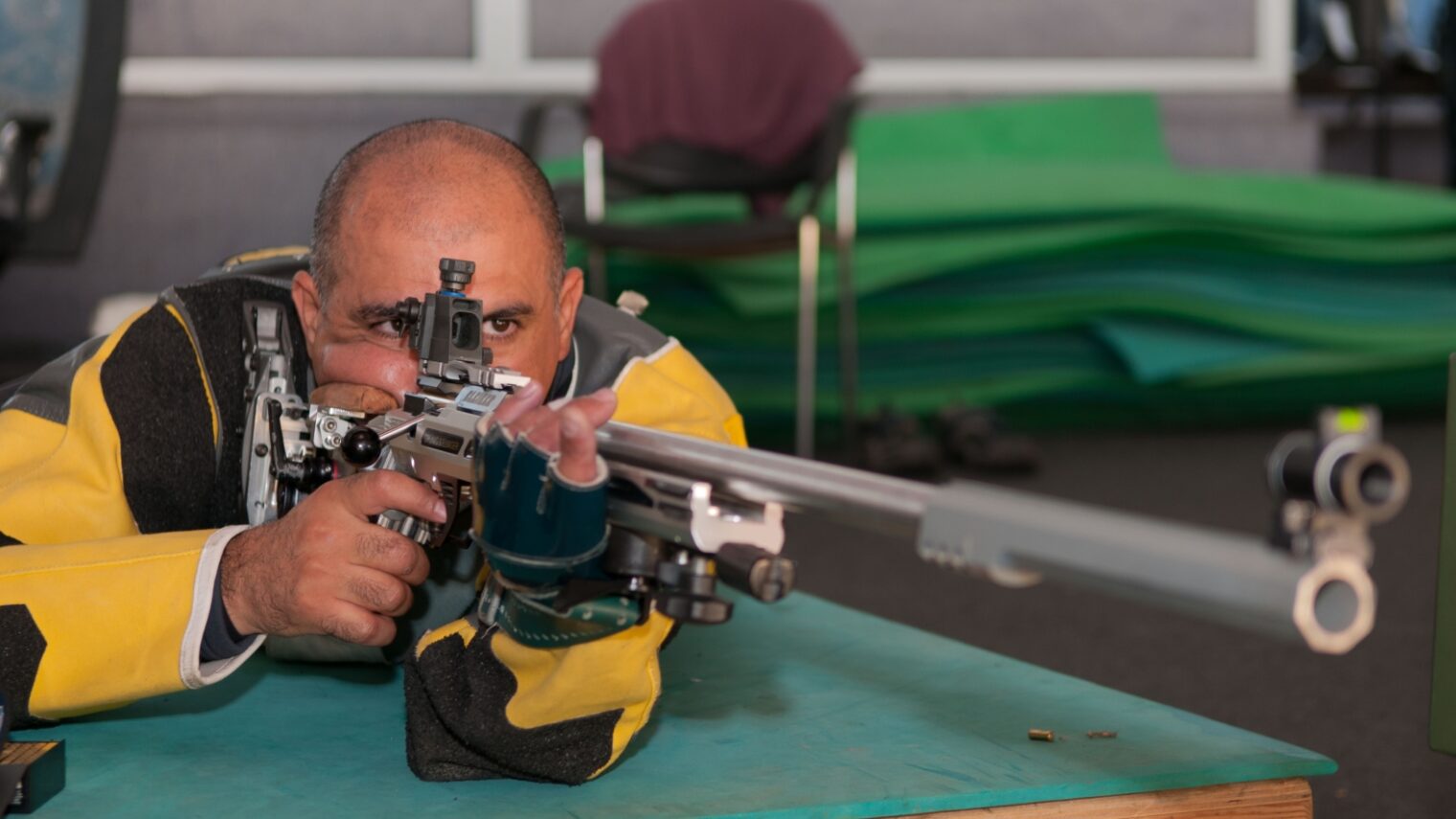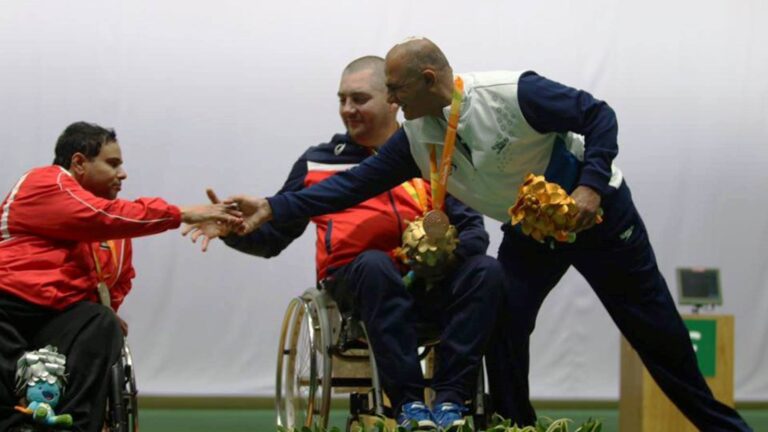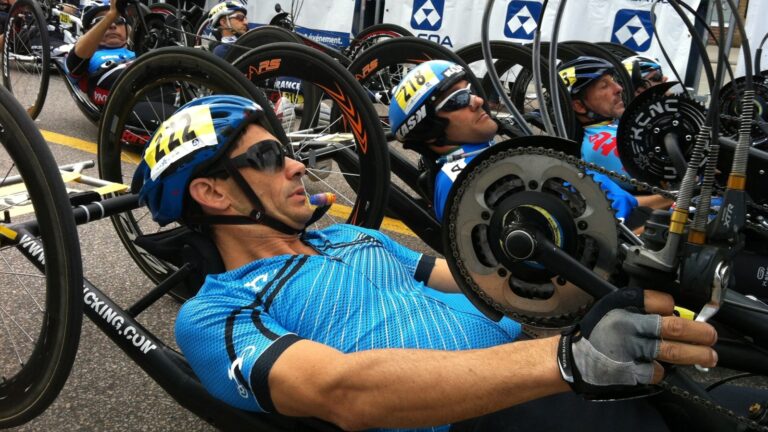In sharpshooting, as in life, a steady hand, a calm demeanor and a smile will take you far.
World-renowned Israel Paralympic shooter Doron Shaziri, 48, soon heading to his seventh Paralympic Games in September, learned this lesson from overcoming hardship.
When he was a 19-year-old soldier in 1987, Shaziri lost a leg in a landmine explosion near the Lebanese border. By 1989 he was training in both shooting and wheelchair basketball at the IDF Disabled Veterans Organization’s Beit Halochem in Tel Aviv.
“We all know we are our own worst enemies and we must learn to live well with ourselves and accept all our faults,” Shaziri tells ISRAEL21c.
“These things in life are relevant to shooting. You have crises and highs and you have to control your reactions to all of it. You have to feel good; you can’t shoot when you’re down or stressed. You have to be relaxed, and one way to do that is to smile.”
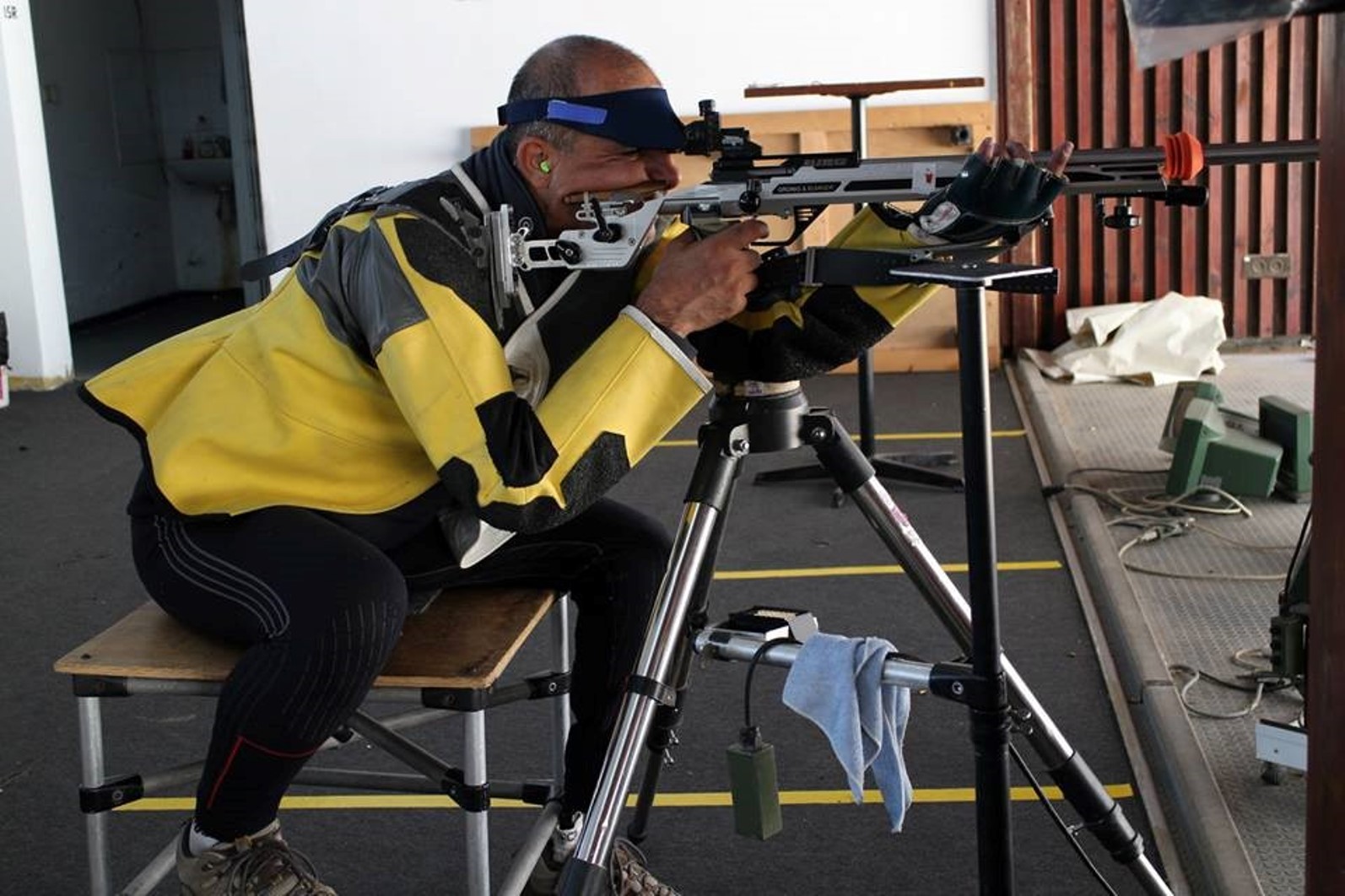
In 1996 he gave up basketball so he could spend more time with his wife and two children. He concentrated on shooting and on growing his business, Pro-Fit, the only manufacturer of professional sports wheelchairs in Israel.
Walking with the help of his prosthetic leg, Shaziri held the Israeli flag aloft at the head of the Paralympic delegation to the 2012 London Games. And despite having recently become a widower, he won his seventh Paralympic medal, a silver.
A gold medal earned in the 2015 Open Championships in Germany assured Shaziri of a spot in the Rio Paralympics.
“I have golds from world and European championships but not from the Paralympics,” he says. “London was the first time I was very close to the gold and I do think about it, but this is not what drives me. I keep competing because I am still good and as long as I am enjoying the experience I would like to compete more and more. The Paralympics for me is just one more competition at the same level as the World Cup or World Championship, only it gets more media exposure.”
Mental strength
The Ramat Gan resident has used a small-caliber Blieker Swiss rifle for about five years.
“I take a long time looking for a good barrel and good ammunition,” he says. “When you find a barrel you like then you find which ammunition is best for your barrel.” The batch of bullets he chose is made by Eley in Britain.
However, shooting requires more than just excellent equipment and technique.
“It’s about accuracy and keeping calm and controlling your breath and mind,” says Shaziri, whose training regimen includes not only practicing under his coach, Olympic shooter Guy Starik, but also regular sessions with a sports psychologist.
“Shooting is a very mental sport and if you succeed it means you are mentally strong. That is the skill I work on most because I already have the technical skills. Unlike other sports, in shooting you should keep your adrenaline down because a high pulse is bad for stability. It’s not like running faster or hitting stronger. You have to go calmer.”
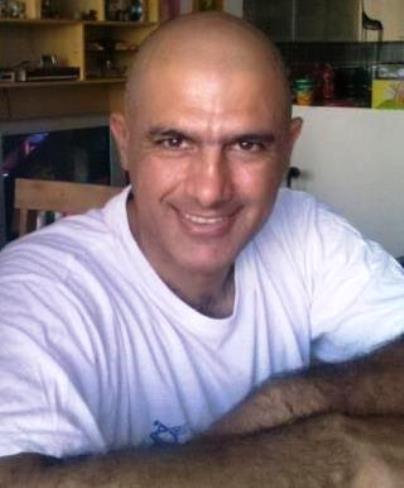
Shaziri notes that one big difference between London and Rio is a change in rules that has introduced an element of luck into the finals, a stage he fully expects to reach.
“In the old system your score went with you to the finals, and you added to that result. Now the score is erased and you start from zero. The finals are an elimination round where everybody starts equal,” he explains.
“In the second half of the final they start to eliminate shooters. If you had a weak start, which you could have improved, you have no chance now. So there can be surprises. I’m pretty confident in my abilities and technical skills but I can’t say what will happen.”
Shaziri says he prefers individual sports to team sports because “you are dealing only with yourself. If you win it’s a total win and the success is fully yours.”




